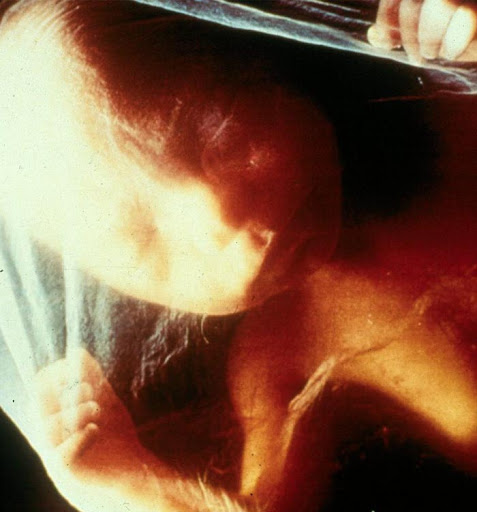 fist tap Intellectual Insurgent
fist tap Intellectual InsurgentChemicals used in plastics feminize the brains of little boys 'so that they avoid rough and tumble games' and behave like little girls.

By David Derbyshire
DailyMail
Chemicals used in plastics are 'feminising' the brains of baby boys, a disturbing study shows.
 Those exposed to high doses in the womb are less likely to play with 'male' toys such as cars. They are also less willing to join 'rough and tumble' games.
Those exposed to high doses in the womb are less likely to play with 'male' toys such as cars. They are also less willing to join 'rough and tumble' games.
The research adds to growing evidence that hormone-disrupting chemicals in thousands of household-products are interfering with the development of children.
Environmental campaigners called the study 'extremely worrying' and called for a crackdown.
The study looked at phthalates, chemicals which can mimic the female sex hormone estrogen.
Some experts believe they are partly to blame for the increase in genital defects in boys and lower sperm counts in men over recent decades.
But the new research is the first to link hormone-mimicking chemicals to behaviour.
There are fears of further effects as the young children in the study grow up.
Although the plastics industry insists phthalates are safe, the EU has banned many of them from cosmetics, teething rings and children's toys.
But pregnant women are still exposed to phthalates, which are used to soften plastics in household items such as plastic furniture, shoes, PVC flooring and shower curtains.
They can also be transferred to food and drink from plastic packaging. The new study, published in the International Journal of Andrology, was led by Dr Shanna Swan, professor of obstetrics and gynaecology at the University of Rochester in New York State.
Her team tested urine samples from mothers in the 28th week of pregnancy for traces of phthalates.
The women, who gave birth to 74 boys and 71 girls, were contacted again when their children were aged four to seven and asked about the toys the youngsters played with, the activities they liked and their personalities.
The researchers found that higher concentrations of two types of common phthalate - DEHP and DBP - were strongly linked with more feminine play in the boys but had no impact on girls.
The higher-phthalate boys were less likely than other boys to play with cars, trains and guns or engage in rough-and-tumble games such as playfighting.















































































































No comments:
Post a Comment